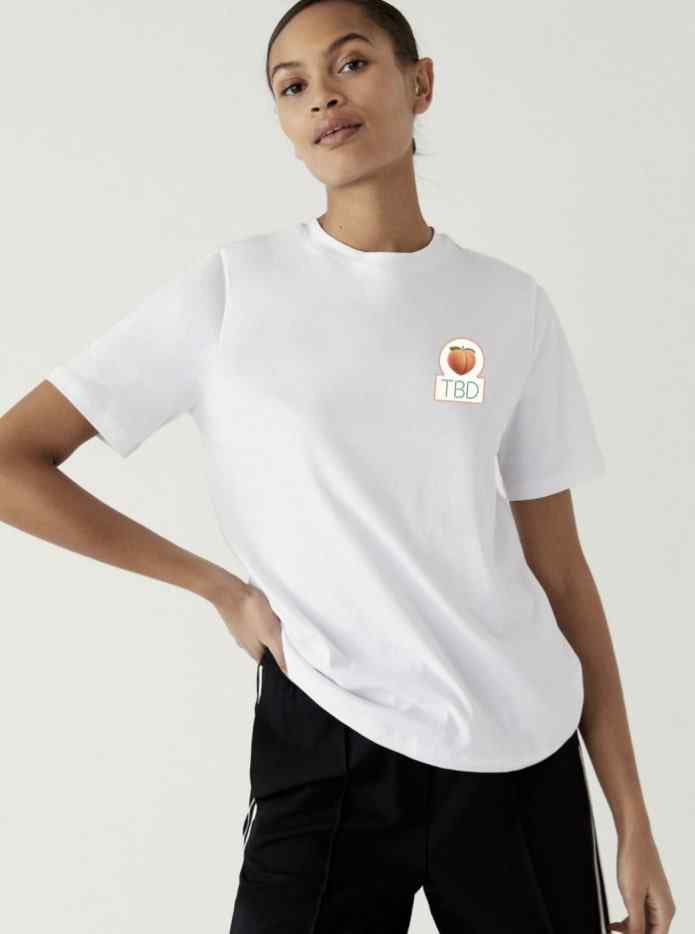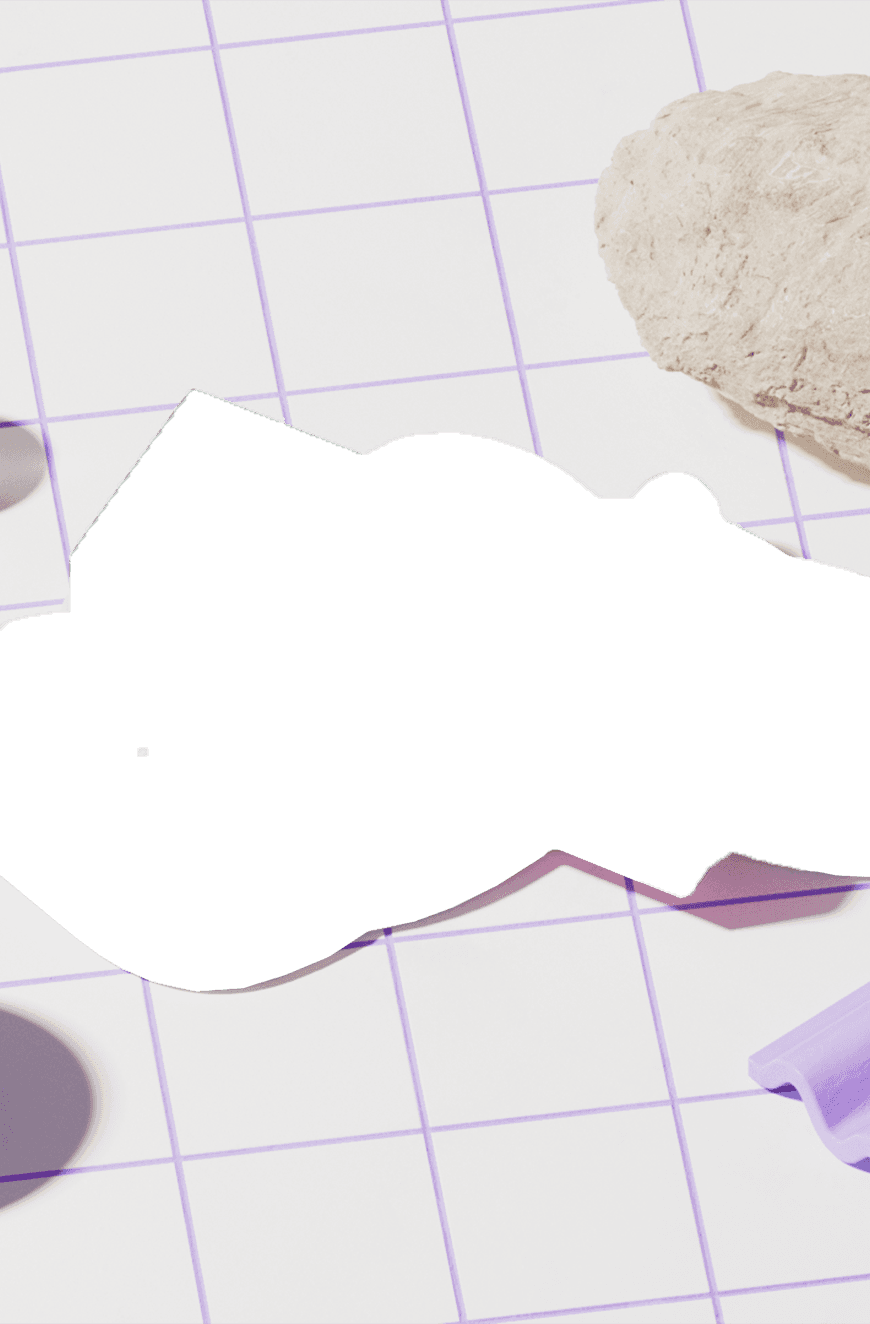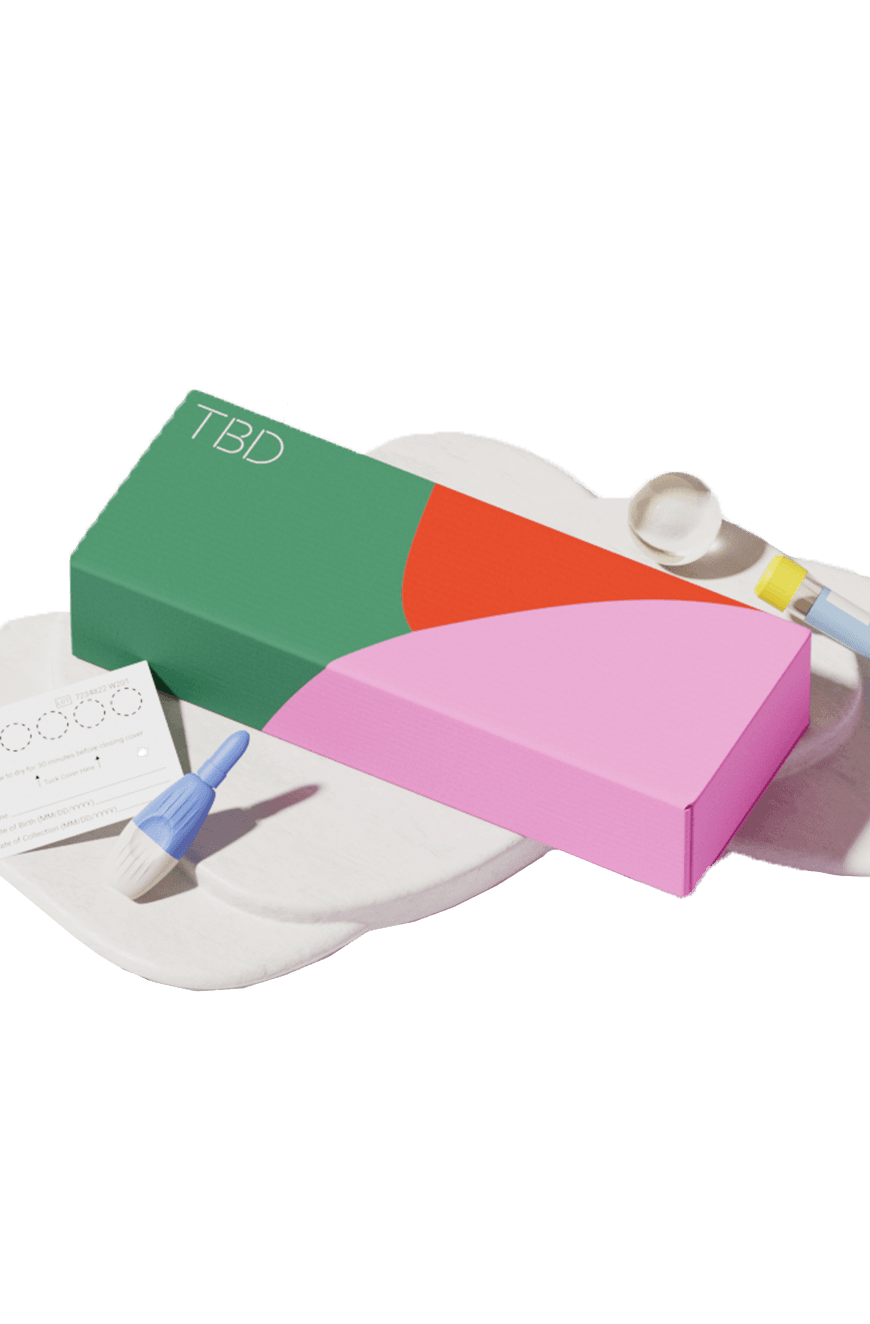| TBD Panels | 3-Panel STD Test | 9-Panel STD Test | 5-Panel STD Test | 3 Site: Oral, Rectal, Genital |
|---|---|---|---|---|
| Chlamydia |  |  |  |  |
| Gonorrhea |  |  |  |  |
| Trichomoniasis |  |  |  | |
| HIV (Ag/Ab) |  |  | ||
| Syphilis |  |  | ||
| Hepatitis B & C |  | |||
| HSV I |  | |||
| HSV II |  |

- 8 E Charleston Blvd
- Las Vegas, NV 89104
- Tues and Fri
- 10 AM – 2PM
- Contact us:
- +1 (702) 909-0554
- hello@tbd.health

| TBD Panels | 3-Panel STD Test | 9-Panel STD Test | 5-Panel STD Test | 3 Site: Oral, Rectal, Genital |
|---|---|---|---|---|
| Chlamydia |  |  |  |  |
| Gonorrhea |  |  |  |  |
| Trichomoniasis |  |  |  | |
| HIV (Ag/Ab) |  |  | ||
| Syphilis |  |  | ||
| Hepatitis B & C |  | |||
| HSV I |  | |||
| HSV II |  |

Lauren Haines is a TBD Clinician, who shares a little with us today about her life on the East Coast, her hobbies, and her passion for women’s health
Can you tell us a little about where you’re from?
I grew up in Glastonbury, Connecticut. I went to nursing school at UCONN and grad school at Sacred Heart. I’ve always lived in Connecticut but I just moved to Raleigh, NC and I like it a lot so far.
How did you end up choosing the nursing and healthcare field?
Actually I was an EMT in high school which brought me into the nursing realm. I fell in love with nursing while I was in school and decided to continue my education to become a nurse practitioner to help people more. I worked in the ER for a while, and felt that there were things people were coming in for that they didn’t need to go to the emergency room for.
My passion has always been providing comprehensive care to people who need it
What kind of nurse practitioner are you now?
I’m a family nurse practitioner so I see babies through the elderly.
What was it like to be an EMT in high school? That must have been an interesting experience for a teenager.
It was actually a little awkward, because I volunteered for a volunteer fire department and there were a lot of us who were high schoolers. I remember we went to a call for a kid with an asthma attack. All of the volunteer EMT’s were between the ages of 17-20 and I remember the dad making a joke and asking us, “when are the adults coming?”.
Overall, I feel like I learned a lot and it really helped in a patient-care setting because you’re treating people in high stress situations.
Yes, it’s definitely an eye-opening experience seeing someone outside the hospital. It changes your perception of the kind of environment that is shaping or contributing to their health.
Are there any other areas that you’ve worked in health care?
I also worked as sexual assault nurse for a while. I don’t really know how I got into it. I feel like there was a show about a female OB/GYN that worked in that field. When I was working in the ER, a few of my colleagues had joined this program for the state of Connecticut. They would respond to 6 different hospitals in Connecticut. It was an on-call program for nurses. I decided to join that after being a nurse for a year. We saw patients 13 and older and we would take their stories, perform exams and perform testing and treatment if needed.
Wow, that sounds like a really hard but rewarding job. What was that experience like? What did you learn from it?
It was a lot of really having to advocate (for patients). You had to advocate when speaking with physicians and police officers. There was a lot of victim blaming that went on. There was a lot of trying to sedate patients or kids to get them to consent to a [sexual assault testing] kit if they didn’t want a kit done. Half of the job was really advocating. We also had to work on communicating with the parents and trying to get everybody on the same page.
It was definitely a good experience and something that made me more passionate about women’s health too.
Are you still doing a lot of women’s health?
I do women’s health, men’s health, primary care, urgent care - I do everything
How would you describe your philosophy of care?
I would say I’m very passionate about helping to identify different barriers in care and show validation that those are truly barriers that they experience and reasons for different issues. I worked at an FQHC (federally qualified health center) where my patients were underinsured or uninsured. It takes a different problem-solving mindset to work there.
For example, we had a mail delivery pharmacy that we partnered with when people didn’t have transportation access. We worked with different programs in the community for providing food assistance for their patients to make sure they had healthy foods. I try to understand the barriers that people experience so I can best help them.
What are barriers you see with regards to sexual and reproductive health in your practice?
I would say definitely a big barrier is trying to get the long-acting reproductive contraception (LARC) methods into people (like IUD’s and implants). It’s something that is very highly recommended for kids and teens, but there are huge barriers. Not a lot of providers do them or some people don’t know how to go to Planned Parenthood (or other providers who do this). I remember that being a big barrier for some of the young girls that I treated. When you’re 16, it can be hard to remember taking a pill every day. They don’t always like the depo shot.
As far as sexual health, I think the barriers really start in school. I have a lot of same sex couples who have no idea of what they should be doing or how they should be protecting themselves. None of those are discussed in school. Parents don’t talk about it. Even as providers, we’re not super good at asking 15 year olds about their sexual preferences or what kind of sexual activities they’re having
Testing for sexually transmitted infections is another important part of reproductive health care. What are some barriers you see with adults with regards to reproductive health care?
TBD Recommends: Take our sexual health questionnaire
I see a lot of cost barriers with adults. Some insurance will cover care like testing, but for some things, you still have to pay out of pocket. It’s unfortunate because it’s a preventative health thing that should get paid for.
Moving forward, I think having at-home test kits is an incredible option for people. It helps with the transportation barriers. I feel like it’s the hidden or unknown cost that really gets you. I remember going to a lab once. They put a hold on my credit card for $300 and they said they didn’t know how much it’s going to cost. I had the luxury to be ok with that, but not everyone has the luxury.
What got you interested in working with TBD?
TBD was the first telehealth company that I joined. I loved it because it’s women’s health oriented and sexual health oriented but also very stigma free. No shame. It’s great that we’re making sure that there are providers who are giving trauma-informed care and not going to be someone who will talk down to a patient because of how many sexual partners they have or if they’re getting paid or what kind of sex they’re having. They’re really just there to provide comprehensive education to help patients make safe decisions and allow them to enjoy their lives.
I feel the same way. You make a great point about the importance of stigma-free care. Have you seen a lot of stigma and people not accessing care because of that?
Not recently. But I ran into a lot of that when working as a SANE nurse. There would be girls who would meet men online and said they would pay them for sex or whatever. And there were a lot of physicians that I worked with who would judge them, even the young kids (under age of consent) for “putting themselves” in those situations. I don’t think it’s helpful. It’s stigmatizing. What they’re learning is that the next time they’re going to a healthcare provider they can’t be honest. They’re going to feel judged or inappropriate, that’s not the message we want to get out there. I have seen it with mostly male providers.
Thanks for sharing that. You definitely have a lot of experience in various areas of healthcare and have a strong passion for women’s health!
On another note, what do you do with your time outside of work? How do you take care of yourself?
I just got a new puppy so that’s pretty much taking up all of my time. All I do is play with my puppy!
I like to be outside. I like to walk outside and hike. I like to be out on the water. My parents live on a lake, so I like to go on a boat and go kayaking
I’m a big reader. I’m doing a reading challenge this year and my goal is 50 books. I like to knit in the winter - I don’t know how to make much so I make a lot of baby blankets
I read a lot of fiction and mystery thriller fiction. I sometimes read non-fiction. I did read a book last year called The Girl with 7 Names about a girl who escaped North Korea who had to change her names so she wouldn’t be found. It was interesting to hear about the story since we don’t hear many voices from that area.
What is a book that has stood out to you or any book that you would recommend?
Good question! I keep track on Good Reads. My friend got me a book for Christmas called “What Alice Forgot” by Lianne Moriarty. That’s my favorite of this year so far and I’ve read 5 books. It’s about a woman who basically falls off a treadmill, hits her head, and forgets what happens over the past of 10 years. She basically realizes she hasn’t been the nicest person over the last 10 years, so she is able to make up for some of that.
You make me want to read more! To close this out, if you could share one piece of information with every person that comes into your clinic, especially related to sexual and reproductive health, what would it be?
My favorite piece of advice is for people to find a provider that you feel comfortable talking with. That you can be 100% comfortable with. You really need to feel comfortable talking to someone. Sometimes telehealth takes some of the stigma away because it’s via telehealth. You shouldn’t feel judged. It might take a couple providers. It’s important that you find someone that you can talk to.
Thank you for sharing with us today, Lauren!
P.S. Meet Chance, Lauren's puppy
 Photo of a light blonde puppy, called Chance, who is Lauren's dog, sitting and looking up.
Photo of a light blonde puppy, called Chance, who is Lauren's dog, sitting and looking up.
Email us and a team member will get back to you within 24 hours. We’re also available via call or text at +1 (702) 909-0554
Sign up below to get 10% off
By providing my email address, I agree to receive email with marketing communications from TBD Health including news, promotions and exclusive offers. I understand that I can opt out at any time by using unsubscribe links. Visit our Terms of Service or Privacy Policy for more information.






